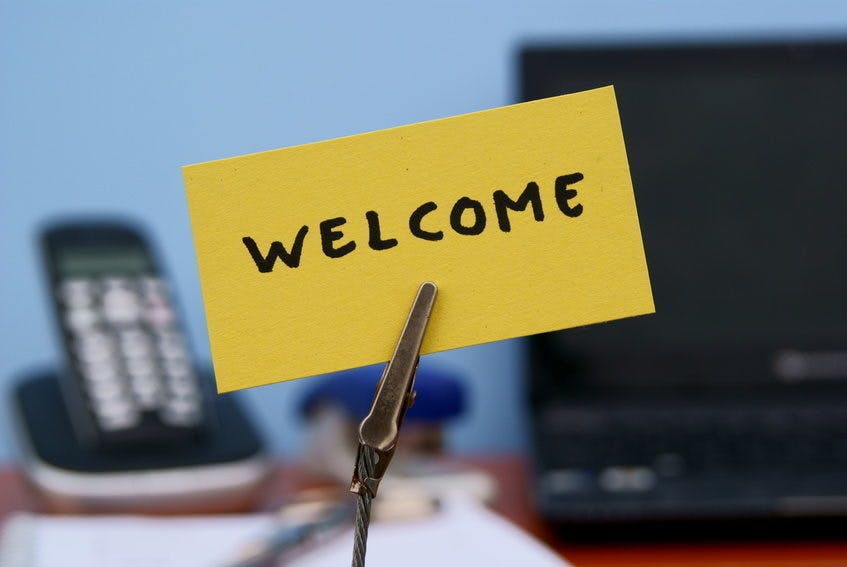Onboarding is one of the most crucial steps in the hiring process.
As new hires make the transition from candidate to employee, the actions the company takes during this phase can help set the stage for a long tenure with the company. Studies show that an effective onboarding strategy leads to higher job satisfaction, organizational commitment, decreased turnover, and better performance.
All too often, though, companies view onboarding as a transactional, one-time event in which the new hires spend their first few days filling out forms or sitting in on training sessions. Instead, onboarding should be a months-long process where new hires are actively immersed in the organization and its culture and processes.
The mentorship advantage
One of the best ways to do this is through the use of mentorships — by creating apprentice models through strategic scheduling, the company can pair new hires with more experienced employees, ensuring they become engaged and productive right out of the gate.
WorkForce Software’s 2014-2015 Trend Survey showed that the use of mentorships is a leading trend in new hire best practices. This trend has grown especially in the Manufacturing sector, with 75 percent of survey respondents from the industry reporting the use of such programs. The Health Care and Financial Services industries also report strong use of the apprentice model, at 69 percent and 62 percent respectively.
So what benefits can your organization expect from including mentorships as part the onboarding experience? Consider the following advantages of pairing novice employees with their more experienced colleagues:
1. Deliver on-the-job training
While many organizations provide employees with training and development, this is typically in the form of classroom-based courses or independent learning initiatives. While helpful, employees rarely learn everything they need for career success through these methods.
On-the-job training can fill those gaps, providing new employees with the skills and knowledge they need to excel. This is especially important in industries such as manufacturing and health care, where even the smallest mistakes can lead to life-threatening situations.
2. Facilitate knowledge transfer
The most senior members of your staff have a wealth of experience, knowledge, and expertise that goes out the door when they retire. Without a process for capturing their expertise and passing it on to the next generation, their knowledge can be lost forever.
By creating a system where those experienced workers are scheduled to work with the newest hires, companies can make sure that their knowledge is transferred to future leaders.
3. Enhancing safety and security
When the newest members of your team are scheduled alongside more experienced colleagues, it will help ensure that safety procedures are given the seriousness they deserve.
Rather than just reading about these policies, they can see firsthand how to comply. This is particularly important in industries like manufacturing and health care, where insufficient attention to safety can have drastic consequences.
For other industries, such as financial services, scheduling new employees to work under the guidance of veteran colleagues will help those newer workers better understand security protocols, helping to ensure that client data is protected at all times.
A commitment to onboarding success
Effective onboarding is more than just a checklist of forms to fill out, but a continuous process that lasts long beyond a new hire’s first day. With a robust mentorship program that partners new employees with more experienced ones, not only will they come up to speed more quickly, but they’ll also benefit from working under the guidance of a company veteran who can show them firsthand what it takes to be successful.
However, simply assigning a new hire to a more experienced colleague and expecting them to connect on their own will not work. Instead, companies must take the lead — through scheduling — to ensure that the two parties work side by side, facilitating the knowledge transfer that will transform those new hires into productive, long-term employees.
To achieve this, robust scheduling technology is essential. By automating the scheduling process, the company can build a successful mentorship program that ensures new hires work alongside their mentors, leading to a more effective and successful onboarding experience.
